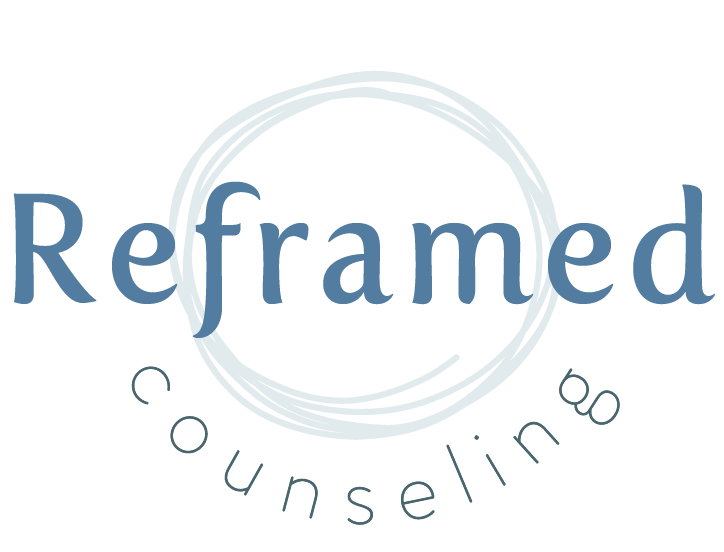Mental Load: Are We Talking About the Right Thing?
Recently there is a focus on mental load and mental load differences. Mental load is a term related to the cognitive and emotional tasks someone carries. I use the example of making doctors appointments. This simple task requires a lot more mental load than one would think. Deciding which doctor to see and when to call, knowing the insurance information, knowing the portal username and password, remembering when the next appointment is, financial decisions related to appointments, navigating the time of appointments and related impact on work, school or care, knowing the answers to questions asked over the phone such as last meal, last bowel movement and so on. Now imagine an entire household with holidays, events, appointments, care for children, nutrition, routines, development, finances, et cetera.
The recent conversations around mental load are incredible. Recognizing tasks also include cognitive and emotionally driven decisions and situations is an important step in relationships and families. I do, however, think the conversation around the mismatches in general are not the only conversations we need to have. I want to emphasize the emotional aspect of mental loads and discuss how emotions and/or trauma can significantly impact and perpetuate mental load.
There are a lot of techniques which aid in balancing mental load. Some include defining what those tasks are in a concrete way, frequent check ins or family meetings to delegate tasks, avoiding gatekeeping (which is when we do not allow someone to do a task because they do it differently or may have some failures before learning), setting boundaries, and basic conflict resolution and communication strategies.
Using my doctor's appointment example if you were to name this as a mental load item you can then collaborate on how to tackle this task. Perhaps some options include creating a shared document of portal information and passwords, making sure important cards or forms are in a central location, creating a list of the same questions to ask doctors when choosing and divide and conquer, creating a general framework for when appointments are made and who takes who/what time and other similar options. When mistakes are made, appointments forgotten or frustrations using those important communication and conflict resolution skills. Sharing using I statements, avoiding labeling and shaming, coming up with a resolution for the future and allowing someone to grow and learn.
One of my favorite activities as a therapist and in my personal life is when you write down what the actual problem is. Literally and thoroughly. For the doctors appointment example it would be “I have to call xyz and find the insurance card and answer xyz questions and know the portal information etc.” Then problem solve together. What needs to be done and who can be responsible for what based on strengths or contextual factors like time available.
This seems easy until you consider resentment, frustration, stress, and trauma. If there was a family history of medical trauma or stress around illnesses, a partner forgetting an appointment or delegating to allow a partner to interview a doctor may feel unbearable. If you have been holding onto a larger mental load without communication or problem solving there may be a lot of emotional build up which prevents effective problem solving. If you feel as though you can’t trust your partner to make the decisions around medical care that you would, delegating would not feel possible. If you have a higher need for power or control and struggle to work through the discomfort, problem solving would not be effective.
This is where the conversation, in my opinion, needs to be.
With mental load differences there are typically patterns of where the conflict reoccurs. When we dig deeper into these patterns we often find there are underlying feelings, thoughts, biases or experiences which lead to perpetuating mental load differences.
For example if you feel as though you are more informed on the type of medical care you want for your child and thus feel the need to control this area you will not effectively delegate the related tasks. This can then create higher mental load in other areas. If you arent having a shared area for portal information or passwords there are not other tasks related or unrelated that fall to you. If your stress reaction when uncomfortable or struggling to tolerate someone else managing this task is to maintain this “fight” mode (to control) then there are probably many other areas you will do so as well.
We can name the mismatch of who handles appointments all day and try to problem solve, but the actual problem isnt the tasks around medical care. The problem is more about one person holding more opinions or biases about medical care, one person perceiving their beliefs, opinions, or research on care is what will best aid the decision, what stress reactions we have, potential mistrust or lack of communication about the underlying beliefs on medical care, lack of shared foundation around these decisions, and past histories related to medical care which cause emotional intensity around this topic.
This is where the real conversation starts. We need to start tracking what the patterns are and what is underlying them. Focus on the emotional not just the cognitive.
What do you think?
See another real example via my youtube video : https://youtu.be/JeMct4c_p3I
